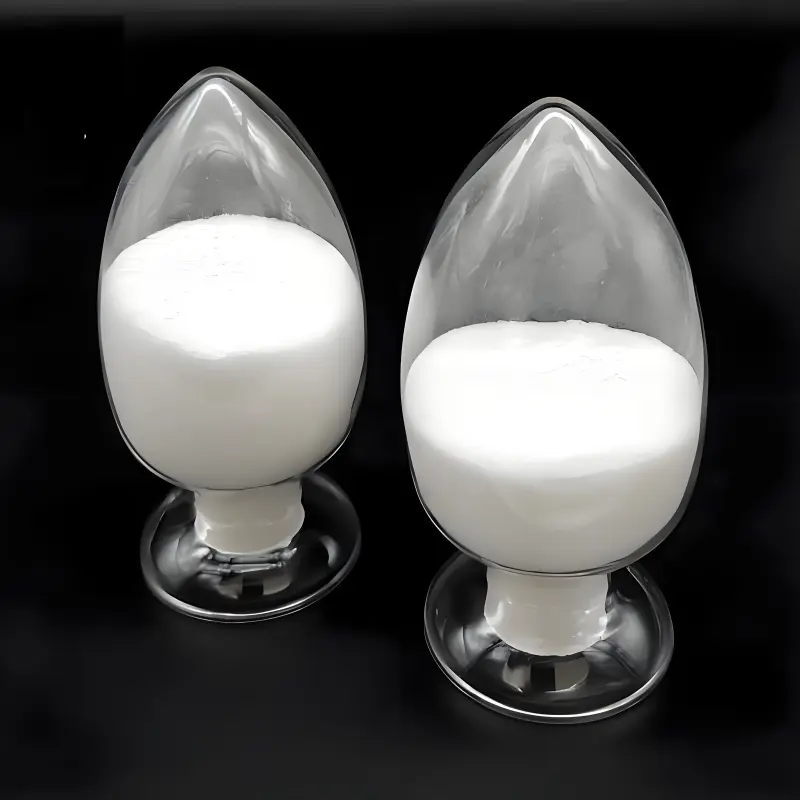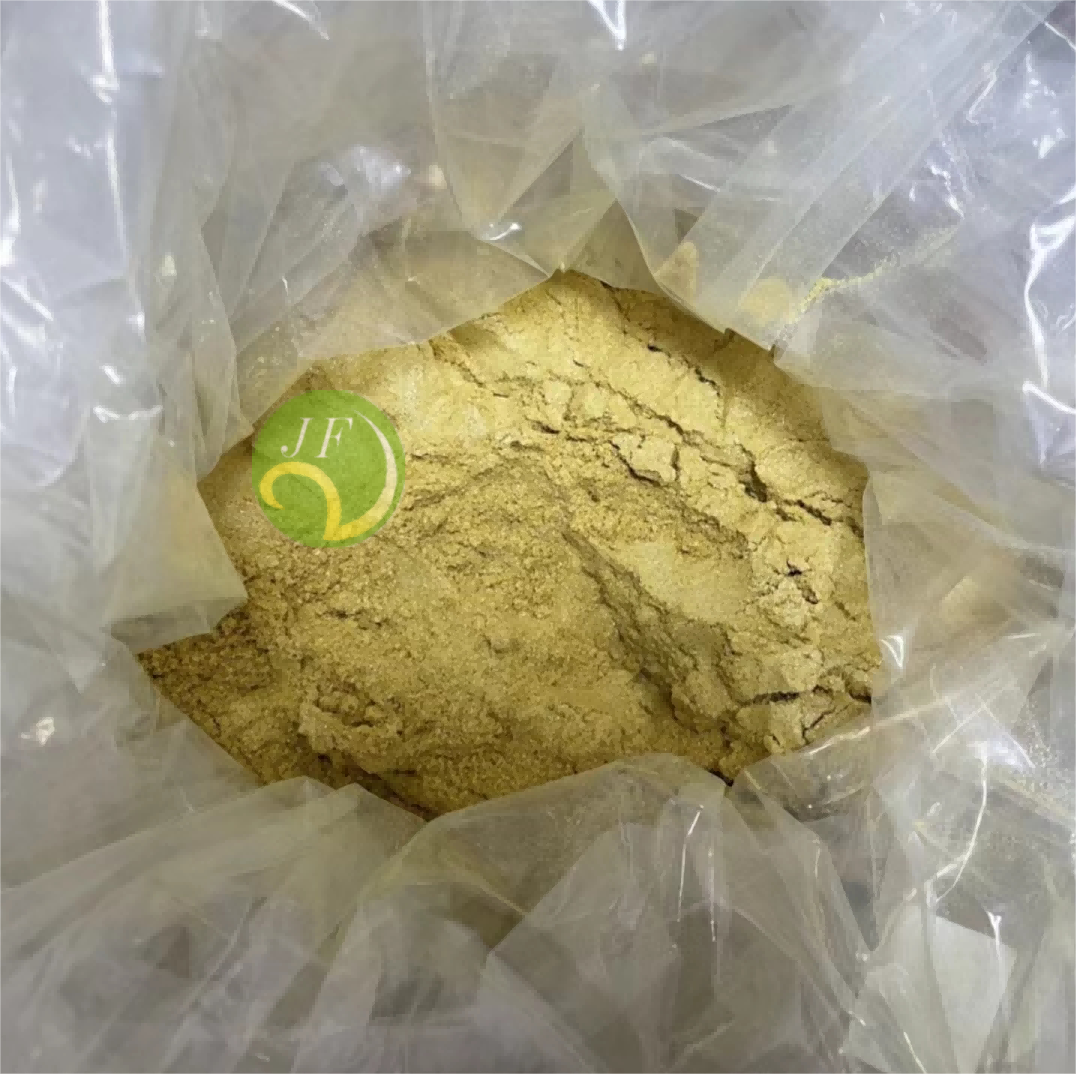-
Categories
-
Pharmaceutical Intermediates
-
Active Pharmaceutical Ingredients
-
Food Additives
- Industrial Coatings
- Agrochemicals
- Dyes and Pigments
- Surfactant
- Flavors and Fragrances
- Chemical Reagents
- Catalyst and Auxiliary
- Natural Products
- Inorganic Chemistry
-
Organic Chemistry
-
Biochemical Engineering
- Analytical Chemistry
-
Cosmetic Ingredient
- Water Treatment Chemical
-
Pharmaceutical Intermediates
Promotion
ECHEMI Mall
Wholesale
Weekly Price
Exhibition
News
-
Trade Service
pixabay as the saying goes, every holiday fat three pounds, a closer look at three kilograms.
the Spring Festival, people can't wait to start a new round of crazy diet and exercise.
in order to thin, hard work, diet pills, diet needles, broken food, liposuction and surgery weight loss, can be said to be all-encompassing.
, however, it's not that easy to lose weight, and every piece of meat has its temper.
a study published in the journal NEJM recently showed that the new weight-loss drug semaglutide offered new hope for obese patients.
injection once a week and lose an average of 15.3Kg after 68 weeks.
Because Somarut is a glutatrogen-like peptide-1 (GLP-1) inhibitor agonist, it not only reduces weight and the risk of cardiovascular events, but also effectively controls blood sugar and significantly reduces the incidence of hypoglycemia events.
John P.H. Wilding, Rachel L. Batterham et al. Once-Weekly Semaglutide in Adults with Overweight or Obesity.NEJM DOI: 10.1056/NEJMoa2032183 In this Phase 3 clinical trial, researchers recruited 1961 BMI (BMI) ≥30 adults without diabetes were randomly assigned to receive a 68-week weekly subsurgery dose of Somarut (dose 2.4 mg) or placebo treatment on a 2:1 scale, and to undergo lifestyle interventions.
the study was a percentage change in body weight that reduced live weight by at least 5 percent.
results showed that after 68 weeks of follow-up, the Somarut group lost an average of 14.9 percent of their body weight, while the placebo group lost 2.4 percent.
in week 68, more participants in the Somarut group achieved weight loss, with 1,047 participants losing ≥5 percent of their body weight, 838 participants losing ≥10 percent of their body weight, and 612 participants losing ≥15 percent of their body weight.
follow -up, the treatment group lost weight. FURTHER analysis of DOI: 10.1056/NEJMoa2032183 showed that the Somarut group lost 15.3 kg of body weight, compared with 2.6 kg in the placebo group, and the overall quality of life was improved by lower risk factors for heart disease and diabetes such as the waist circumference, lipids, blood sugar and blood pressure of participants injected with Somarut.
weekly weight changes in the treatment group during follow-up. DOI: 10.1056/NEJMoa2032183 However, in this trial, some participants experienced side effects, the most common adverse reactions being nausea and diarrhea, which may be transient, mild to moderate.
it is understood that Somarut has been submitted to the U.S. Food and Drug Administration (FDA), the European Medicines Agency (EMA) and the National Institute for Health and Clinical Optimization (NICE) for approval as an obesity treatment drug.
as people's lifestyles change, overweight or obesity has become one of the world's major health burdens.
nearly 2 billion adults worldwide are overweight or obese, according to the World Health Organization.
China is not the country with the highest proportion of obese people, but because of its large population base, it has become the world's largest obese country.
12 million of China's 90 million obese people are severely obese, and the prevalence of overweight/obesity among adults is increasing linearly, according to the Lancet data report.
the global burden of obesity. Numerous epidemiological studies have shown that overweight and obesity not only increase the risk of mortality, but are also associated with the occurrence of multiple diseases and affect almost every organ system in the body, including cardiovascular disease, diabetes, chronic kidney disease, multiple cancers, and a range of skeletal musculoskeletal diseases.
to make it easier to lose weight, scientists have been developing new treatments that combine medication and lifestyle to become an effective and safe treatment option for a growing number of obese patients.
, weight loss drugs are available, such as appetite control drugs, gastrointestinal lipase inhibitors, and detoflect promotion.
Currently, the FDA has approved six types of amphetamines, orestan, phenylaminide/topiramate delayers, chlorocarcelin, naltrusterone/amphetamine relievers and liraglutides.
, as the saying goes, is the drug tri-toxic, any drug has its side effects.
For example, Oresta, which is currently the only weight loss drug approved in China, is a selective gastrointestinal lipase inhibitor, can inhibit about 30% of dietary fat absorption, reduce cholesterol content, thereby reducing weight, but Oros he may cause gastrointestinal discomfort, easily lead to intestinal disorders, can be manifested as abdominal pain, diarrhea, constipation, nausea and so on.
In addition, there is a very embarrassing side effect, the network called it, "eat Oslisin, perhaps the buttocks will flow oil", that is, not absorbed grease from the "chrysanthemum" involuntarily flow out.
, promoting detox, the body can be in a state of diarrhea for a long time, which in turn can lead to electrolyte imbalance in the body and, in severe cases, shock.
appetite control drugs are used to cause anorexia through the center of excitement and satiety, reduce appetite, to achieve the purpose of controlling diet, however, these drugs may cause myocardial infarction, serious hallucinations, hallucinations.
, do you really need to lose weight? Currently, the most commonly used international measure of health is body mass index (BMI), first proposed by Belgian generalis Keitler in the mid-19th century, and calculated by the formula: body mass index (BMI) - body mass (kg)/height (m)
vimeo excludes athletes, fitness enthusiasts and pregnant women, for adults, the BMI greater than 30 is obese, between 25 and 30 is overweight, and between 18.5 and 25 is normal weight.
therefore, A BMI greater than 25 requires "slimming"! Although obesity is linked to genes, fat genes don't completely determine your size.
really determine that you are fat is thin factors mainly related to life habits, eating habits, exercise habits! A study published in the British Medical Journal, which looked at nearly 9,000 people, found that people who carried the fat gene were just as good as those who followed a scientific approach.
The World Health Organization (WHO) emphasizes: 1. Healthy diet: limiting total fat intake and shifting fat intake from saturated to unsaturated fat;
2. Moderate exercise: regular exercise of at least 150 minutes per week reduces the risk of cardiovascular disease, diabetes, colon cancer and breast cancer;
, weight control road tens of millions, in the final analysis, or "healthy lifestyle."
really want to be thin, there's really no shortcut.
The Great Wall is not a day, weight is not a day to grow up, healthy diet, reasonable exercise, early to bed and early to get up, to maintain a healthy rest and life law, adhere to, will be thin! MedSci Original Source: MedSci Original Copyright Notice: All text, images and audio and video materials on this website that indicate "Source: Mets Medicine" or "Source: MedSci Originals" are owned by Mets Medicine and are not authorized to be reproduced by any media, website or individual, and are authorized to be reproduced with the words "Source: Mets Medicine".
all reprinted articles on this website are for the purpose of transmitting more information and clearly indicate the source and author, and media or individuals who do not wish to be reproduced may contact us and we will delete them immediately.
at the same time reproduced content does not represent the position of this site.
leave a message here






